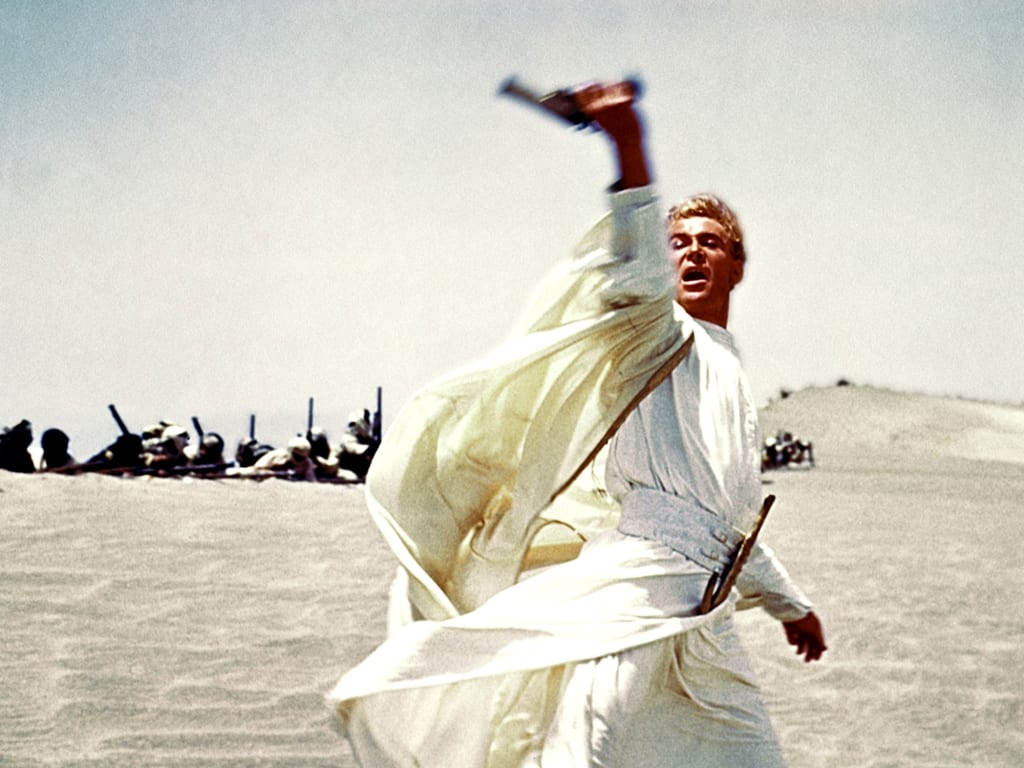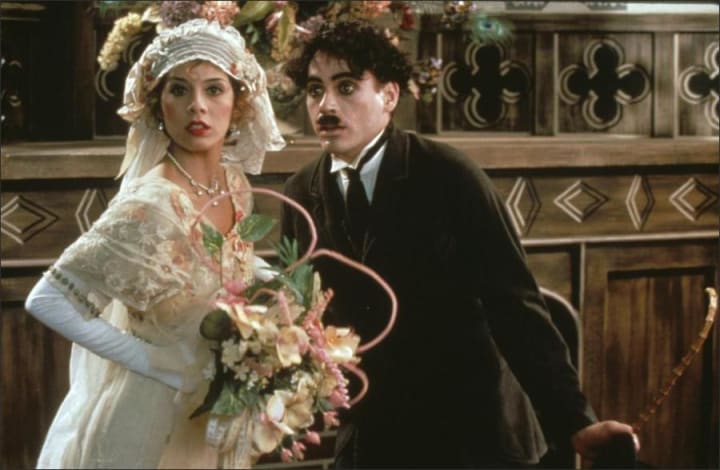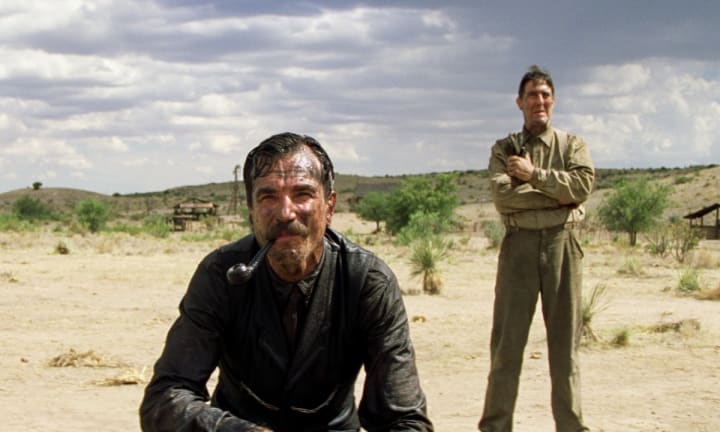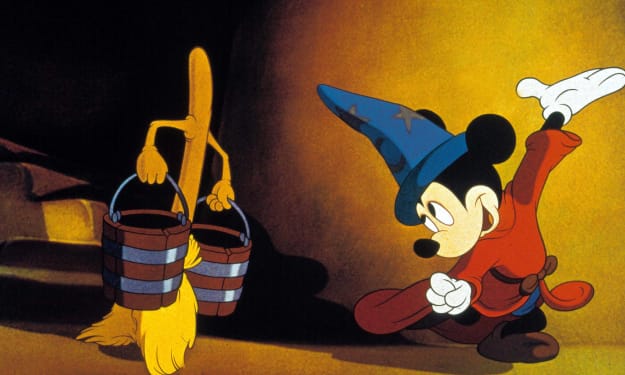A Filmmaker's Guide to: The Epic
Film Studies (Pt.39)

In this chapter of ‘the filmmaker’s guide’ we’re actually going to be learning about literature and film together. I understand that many of you are sitting in university during difficult times and finding it increasingly hard to study and I understand that many of you who are not at university or not planning on it are possibly stuck of what to do, need a break or even need to catch up on learning film before you get to the next level. This guide will be brief but will also contain: new vocabulary, concepts and theories, films to watch and we will be exploring something taboo until now in the ‘filmmaker’s guide’ - academia (abyss opens). Each article will explore a different concept of film, philosophy, literature or bibliography/filmography etc. in order to give you something new to learn each time we see each other. You can use some of the words amongst family and friends to sound clever or you can get back to me (email in bio) and tell me how you’re doing. So, strap in and prepare for the filmmaker’s guide to film studies because it is going to be one wild ride.
The Epic

What is it?
An 'epic' is a book/film/artwork/song etc. of great and lengthy narrative that is able to comment on its own day, days gone by and also be relevant in the future. It is considered an epic normally because of the large narrative it has and the fact that the story spans over a large amount of time or space.
Epic novels are normally those that cover a lengthy story and usually we think of those as novels over a certain length. Longer novels such as:
- Anna Karenina by Leo Tolstoy
- Les Miserables by Victor Hugo
- In Search of Lost Time by Marcel Proust
- War and Peace by Leo Tolstoy
- The Iliad and the Odyssey by Homer
Epic novels can also include the Biblical Stories, Mythology from Ancient Greece, Rome etc. it can include narrative poetry such as John Milton's Paradise Lost and even poetic dedications such as Edmund Spenser's Faerie Queene. All of these would qualify as an epic because not only their length, but the fact that the characters, narrative and style feels almost larger than life.
What about in film?

Well, first of all, we could explore the adaptations of these books on to screen. These novels being adapted to screen always make for 'epic' emotions. Take, for example, the 2012 adaptation of "Les Miserables". Now, it may not be very good, but the emotions of the 'epic' are portrayed first and foremost. We have this revolutionary vibe topped with characters who represent each walk of life in neat specificity before they're thrown into war together.
We could also look at films such as those based on lesser known novels and non-fiction books like the autobiography of T.E Lawrence which would go on to become "Lawrence of Arabia" (1962). These are there to depict certain people and the events encompassing their autobiographies, especially if they were a figure of great interest. This has also been achieved with people such as Malcolm X in the Spike Lee 1992 film of the same name. Other films based on autobiographies and made into epics include:
- Chaplin (1992)
- Capote (2005)
- The Social Network (2010)
- 12 Years a Slave (2013)
- My Left Foot (1989)
When it comes to original scripts though, epic movies are a lot harder than they seem because inspiration must come from somewhere. In some cases it could come from a strange 15th century poem as it does in "Braveheart" (1995). It could be loosely based on a 20th century American novel but not quite, in fact you could argue that the film was better than the book in the loose adaptation of "Oil" by Upton Sinclair into "There Will be Blood" (2007). It could be pieced together by stories from older generations, passed down to you and made into a movie - this was the case for 2019's war epic "1917" by Sam Mendes. Anyway you look at it, there are many ways to gain inspiration for an original script for your own epic film. But make sure it is inspiration because there is a fine line between original script and adapted script.
Further Reading
- Bates, C (2010). The Cambridge Companion to the Epic. UK: Cambridge University Press
- Burrow, J (2009). A History of Histories: Epics, Chronicles, Romances and Inquiries from Herodotus and Thucydides to the Twentieth Century. UK: Penguin.
- Hugo, V (2015). Les Miserables. UK: Penguin Classics
- Tolstoy, L (2003). Anna Karenina . UK: Penguin Classics.
About the Creator
Annie Kapur
200K+ Reads on Vocal.
English Lecturer
🎓Literature & Writing (B.A)
🎓Film & Writing (M.A)
🎓Secondary English Education (PgDipEd) (QTS)
📍Birmingham, UK






Comments
There are no comments for this story
Be the first to respond and start the conversation.